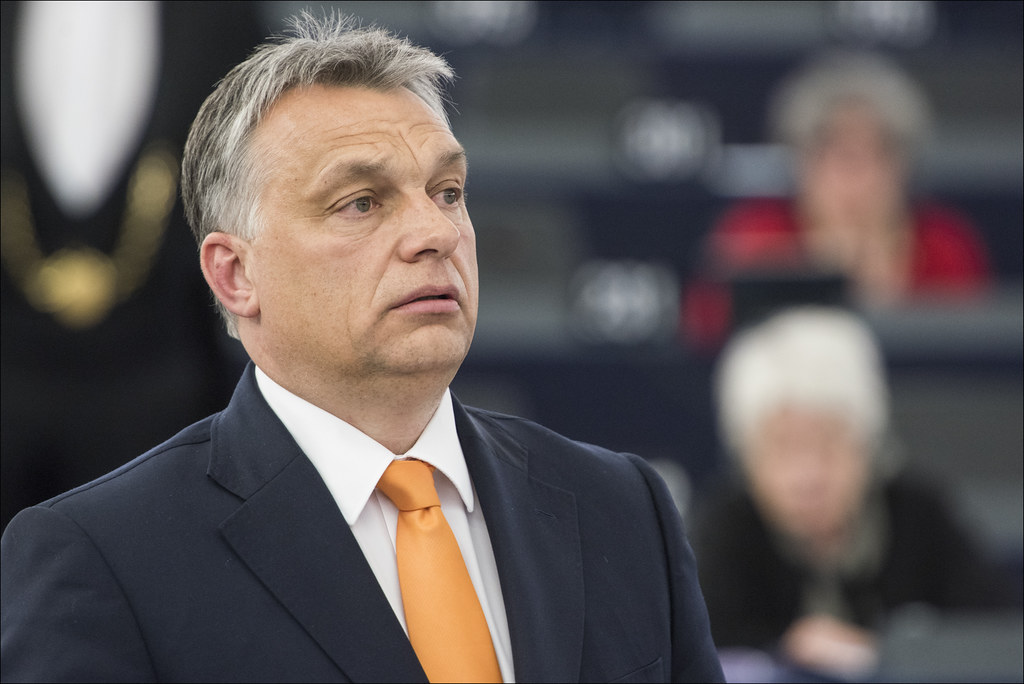
European Union 2015 - European Parliament
Hungary’s authoritarian leader, Viktor Orban, secured a fourth consecutive term on Sunday in a landslide election victory.
Orban is at the helm of the right-wing Fidesz party, which acquired about 67.8% of the vote. He is credited with steering the party towards its overwhelming win on Sunday night. The opposition alliance led by Peter Marki-Zay tailed far behind, securing only about 28.1% of the vote.
The election calls into question the role of Hungary in the European Union, as Orban’s allied relationship with Russian President Vladimir Putin has complicated EU’s efforts to forge a united front against him. As liberal democracies contend with the ascendance of right-wing populism, Orban’s rise to power presents a dilemma for many Western European states.
"The whole world could see this evening in Budapest that the Christian Democrat politics, the conservative politics and the nationalistic politics won [...] Our message to Europe is that it's not the past but the future. This will be our common European future,” Orban said on Sunday night.
Among his list of political opponents, Orban referenced the Hungarian left, bureaucrats in Brussels, the international media, as well as Ukrainian President Volodymyr Zelensky.
During his 12 years in power, Orban has imposed measures to undermine democratic institutions in Hungary, and has spearheaded legislation targeting migrants and the LGBTQ+ community. Most recently, the top court in Europe allowed the EU to block funding to Hungary and Poland for infringing on democratic rights. Furthermore, state and private media are largely dominated by allies of Orban and key institutions across sectors remain similarly under the rigid command of his loyalists.
The historically fraught relationship that Hungary has held with the EU under Orban’s leadership, was exacerbated by his response to the recent Russian invasion of Ukraine. Although Hungary has taken in nearly half a million Ukrainian refugees and backed EU’s sanctions against Russia, the Prime Minister has refused to supply Ukraine with weapons and remains the only EU leader to have publicly criticized President Zelensky.
Concerns continue to be raised regarding the legitimacy of the election. In 2018, the Organization for Security and Co-operation and Europe described Hungarian elections as “free but not fair.”
“We don’t debate the victory of Fidesz, but we debate that this election was democratic and even,” Marki-Zay told supporters as he conceded defeat.

